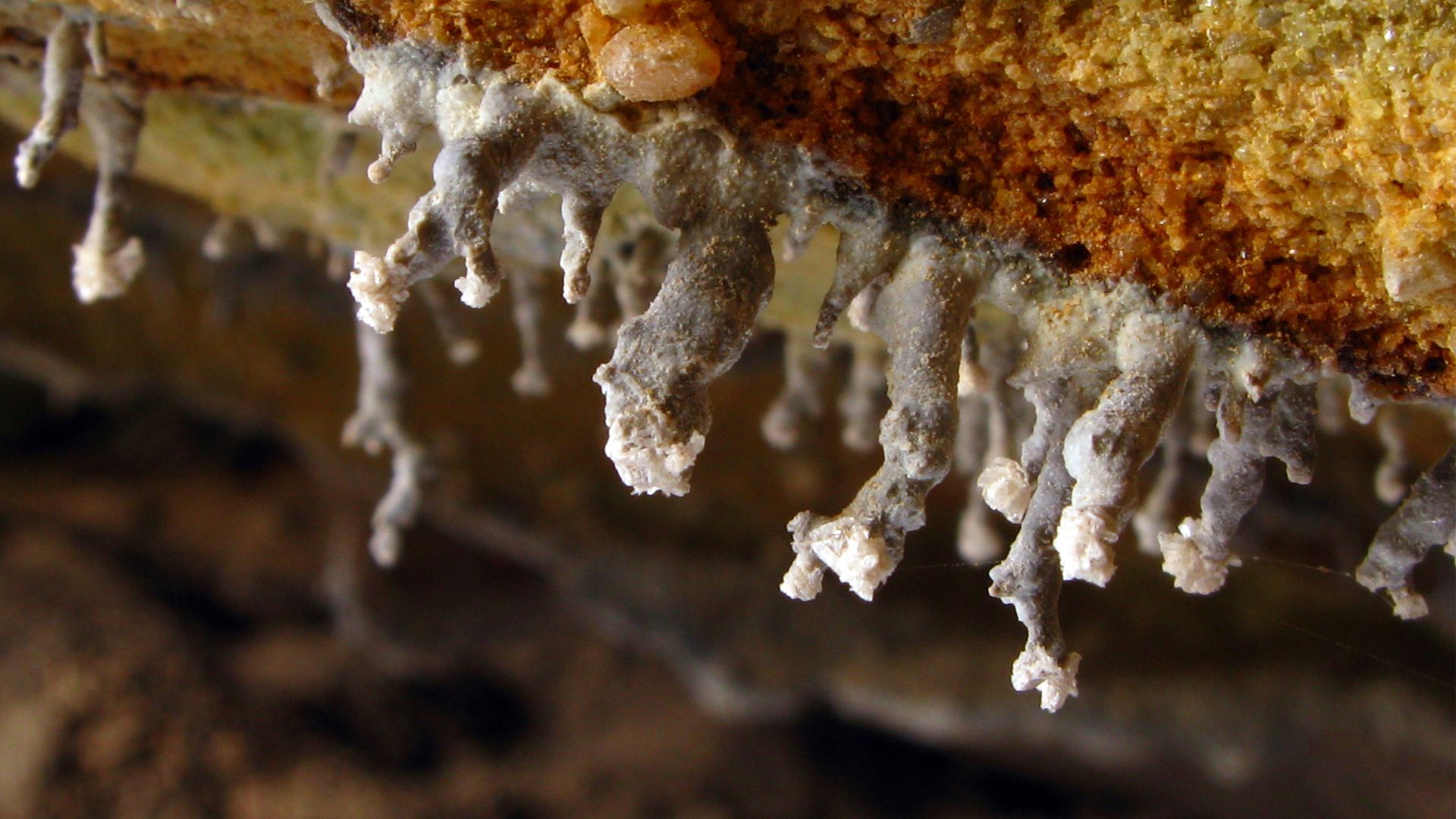Life Beyond Sunlight: Microbes Thrive on Hydrogen from Fractured Rocks
Key Ideas
- Researchers in China have discovered that microbes deep underground can thrive on hydrogen produced by rock fractures caused by tectonic movements.
- The study reveals that these organisms do not require sunlight for energy, relying instead on chemical reactions from fault zones.
- The findings suggest implications for understanding Earth's hidden biosphere and the potential for supporting life on other planets with similar geological activity.
- Further research is needed to validate the frequency and efficiency of these reactions in real fault zones to broaden the search for alien life.
Researchers in China have uncovered a groundbreaking discovery that challenges the traditional belief that sunlight is essential for life on Earth. Microbes living deep within Earth's crust are now believed to derive their energy from chemical reactions resulting from underground rock fractures caused by tectonic plate movements. The study found that these microbes can access energy and oxidants necessary for life-supporting chemical reactions through the process of crustal faulting. By applying pressure to different rock types in a lab setting to simulate natural rock fracturing, scientists observed the release of reactive molecules that generate hydrogen gas and oxidants like hydrogen peroxide. Surprisingly, the amount of hydrogen produced during this simulated faulting process was significantly higher than what occurs through other natural processes like serpentinization or radiolysis.
Moreover, the presence of hydrogen and oxidants initiated a redox cycling of iron in the surrounding water and rock, supporting reactions crucial for life involving elements such as carbon and nitrogen. The researchers suggest that even minor underground shifts or earthquakes can trigger chemical conditions necessary for microbial survival without sunlight.
This discovery not only expands our understanding of subsurface ecosystems on Earth but also raises the possibility of similar life existing on other planetary bodies lacking sunlight. The study proposes that fault-driven chemical reactions could sustain ecosystems underground without the need for organic matter or sunlight, a finding that has implications for astrobiology and the search for alien life. While the findings are based on lab experiments, further research is required to verify the occurrence and efficiency of these reactions in real fault zones to advance our knowledge of Earth's hidden biosphere and potentially discover extraterrestrial life.
Topics
Power
Microbes
Science Advances
Tectonic Plates
Geological Activity
Underground Ecosystems
Redox Cycling
Deep Biosphere
Alien Life
Latest News
